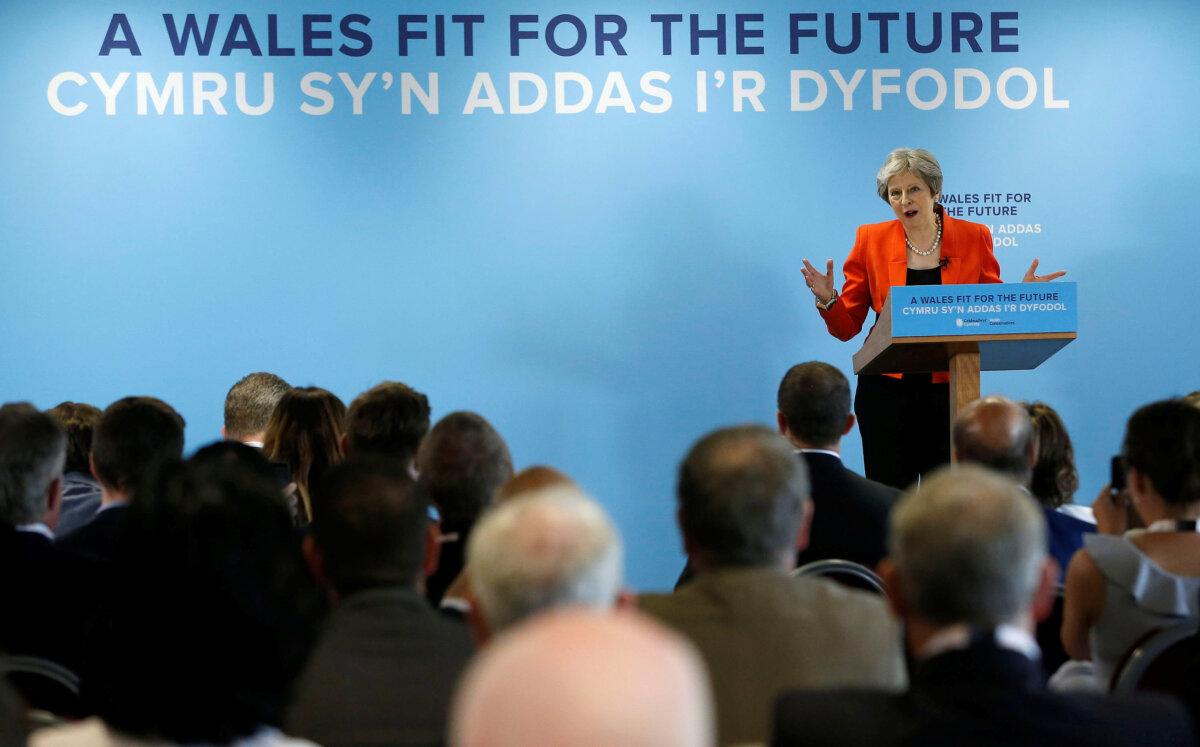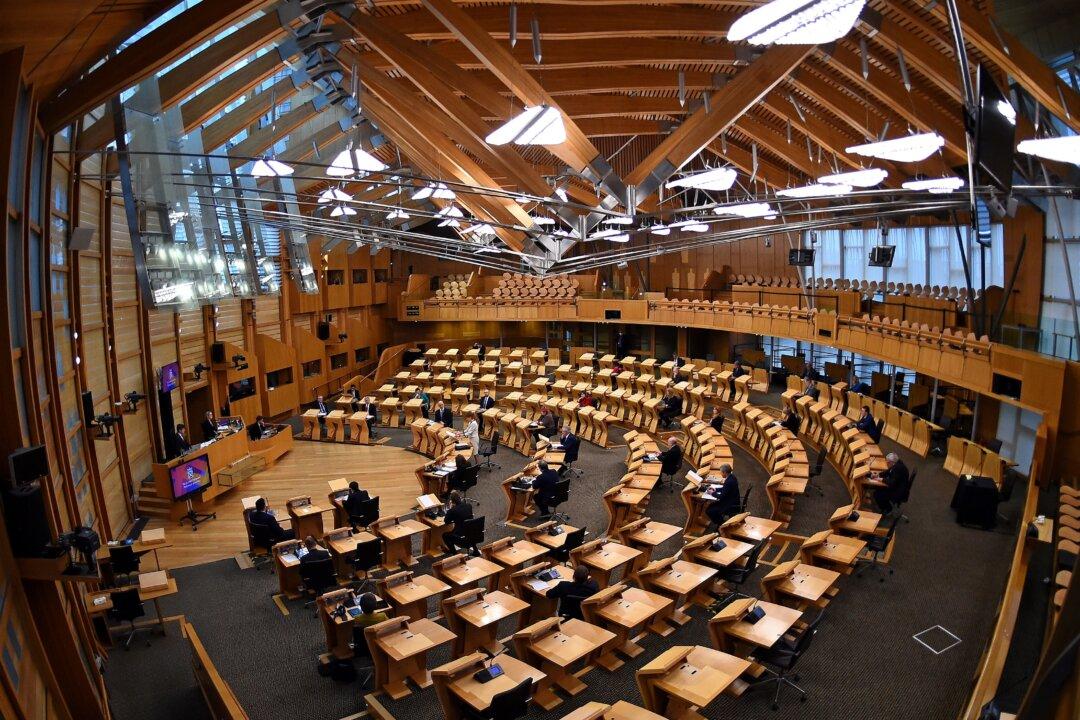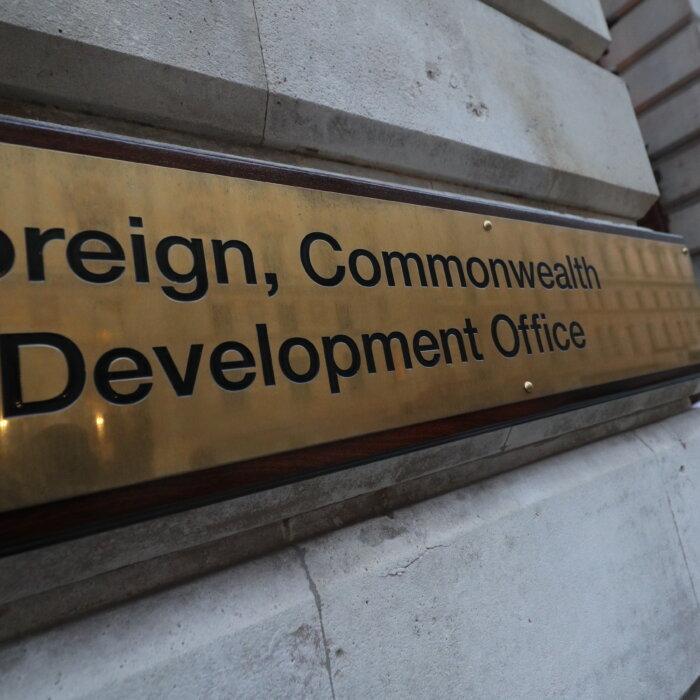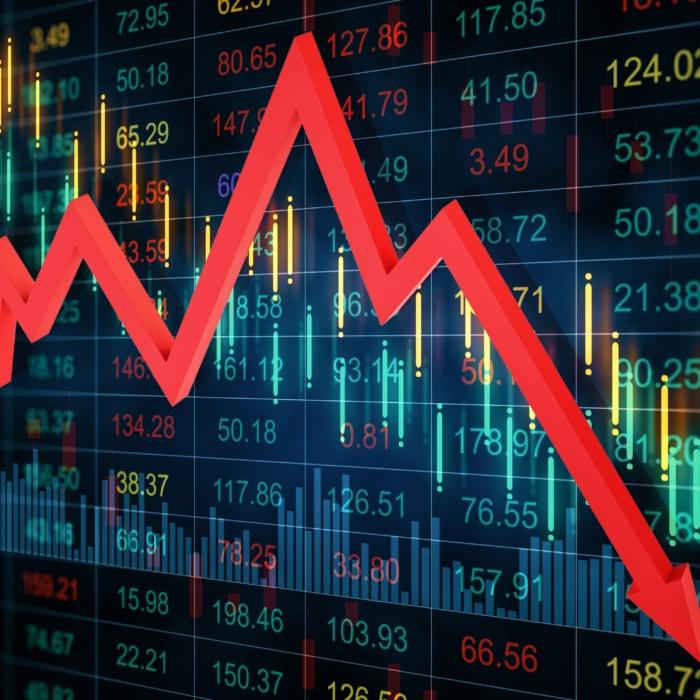A progressive billionaire funded group is steering Scotland and Wales towards policies that align with the controversial “degrowth” movement via a “well-being economy.”
The Wellbeing Economy Alliance (WEAll), a UK charity, is part of a global network forging close ties with Western governments with the aim of abandoning GDP growth as an objective.
The Epoch Times has discovered that accounts filed at the end of last year show the organisation was funded by progressive organisations, one with an anti-capitalist agenda inspired by far-left militants.
And one renowned economist and expert on degrowth said that such policies are “going to end up impoverishing the UK.”
Created in 2018, WEAll is advocating for countries to shift away from market capitalism towards a “well-being economy” and champions “degrowth” as an “economic revolution” that no longer supports economic activities that fall “outside safe ecological and fair social boundaries.”
One Project quotes the Zapatistas, stating, “The future we seek is ‘un mundo donde quepan muchos mundos’ — one world where many worlds fit.”
The Club of Rome is known for its 1972 influential “Limits to Growth” report, a controversial study that used computer modelling to show that unchecked population and economic growth would lead to ecological and economic collapse within a century.
Critics often compare “Limits to Growth” to Thomas Malthus’s pessimistic 18th century writings about population exceeding food supply, although some have dismissed it as a “doomsday prophecy,” and others have seen it as a wake-up call for sustainable development.

Well-being Legislation
“Degrowth” is a strategy increasingly aimed at reducing production, consumption, and perpetual economic growth, while advocating for “sustainable alternatives” in Western societies.The Labour-run Wales and Scottish governments have policies and laws closely aligned with “well-being” aims.
For example in Wales, well-being is enshrined in legislation with the Wellbeing of Future Generations Act 2015.
“In the legislation, the goal for a ‘prosperous Wales’ does not mention GDP, instead defining growth in terms of ‘an innovative, productive and low-carbon society which recognises the limits of the global environment’, with an emphasis on ‘decent work,'” she wrote.
Degrowth
Professor of technology, entrepreneurship, and development, Wim Naudé, has warned that the policy of “degrowth” will not work.The economist drew parallels to ineffective medical practices like bloodletting, emphasising that GDP growth is a natural outcome of economic activity, stressing that the UK would suffer disproportionately from such policies.
“They propose that we ‘degrow’ Western economies, because the degrowth movement only want to apply degrowth to advanced rich Western economies not to the global south. That is a policy that will not work,” he told The Epoch Times.
“If the argument is that it is what we need to save the planet environmentally, degrowth not a good strategy, it’s just going to make things worse,” he said.
He used the analogy that for centuries bloodletting, or the practice of withdrawing blood from a person’s veins for medical reasons, was accepted in the medical community.
“I use that as a way to illustrate to people that everybody can have this mindset, that this is the way that we treat that disease. But in fact, we just make the disease worse,” he said.
“What they are creating with this caricature is that Western countries of the world are hell bent on GDP growth and are ‘GDP growth maximisers come hell or high water,’ but that’s a straw man,” he said.
“GDP is an emerging phenomenon, it’s the outcome of all the people in the economy being creative and trying to survive,” he said.

Mr. Naudé argued that, ironically, the degrowth movement was born out of degrowth.
“If you look at the actual facts in the United Kingdom and most of the Western world, since the 1970s economic growth has been on a stagnating downward trajectory,” he said.
“The only people that will suffer will be people in the UK. And by the way, it will have absolutely zero impact on climate change or carbon emissions into the world because the UK contribution to climate change and to carbon emissions is pretty small. So they do not affect the environment at all. And they’re just going to end up impoverishing the UK and further limiting the geopolitical strings of the UK globally,” he said.
Mr. Naudé believes degrowth is a “marginal left-wing” movement consisting of a few scholars in high-income countries who want economies to stop growing and reduce economic output and throughput, incomes, and consumption.
He doesn’t believe that degrowth is necessarily related to communism.
Prosperity, Equality, Sustainability, and Resilience
The writer and researcher Thomas Fazi has warned in an essay for Unherd that “a spectre is haunting the West — the spectre of degrowth communism.”Criticising Kohei Saito, a “rising star of contemporary Marxist thought” and the author of “Slow Down: How Degrowth Communism Can Save the Earth,” Mr. Fazi said that the book attempts to rehabilitate Marx’s ideas in the light of contemporary progressive sensibilities.
But he said that it suffers from the “same drawback of old-school communism: it’s an intrinsically universalist worldview, one that purports to offer a one-size-fits-all solution for all human societies, regardless of local cultural and civilisational specificities.”
He added that “degrowth communism, like other contemporary critiques of capitalism, taps into a growing disillusionment with the Western socioeconomic model.”
When pressed on degrowth, a Scottish Government spokesman told The Epoch Times by email that through its Programme for Government and National Strategy for Economic Transformation, it has “set out a very clear vision to achieve a fairer, greener, and growing economy.”
“Our approach to a Wellbeing Economy—based on the principles of prosperity, equality, sustainability, and resilience—is at the heart of this vision. We firmly believe that a wealthier economy and a fairer economy go hand in hand: the most productive economies in the world also score highly on well-being indicators,” he added.
He said that: “Scotland is a founding member of the WEGo network of well-being economy governments. With our fellow members New Zealand, Finland, Wales, and Iceland, we work together to share knowledge on building economies that are more resilient, fairer, and sustainable.”
The Welsh Government and The Wellbeing Economy Alliance did not respond to comment.







